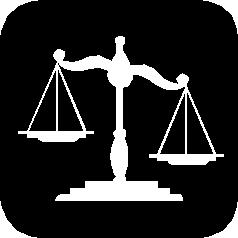| |
| "Enron
got partnership warning in ’99 -- Top company official began
sounding alarm, was rebuffed" By John R. Emshwiller, The
Wall Street Journal, March 18, 2001: |
| http://www.fairopinions.com/news/index.asp?id=129841 |
| |
| |
| “Off Balance
Sheet--and Out of Control” about SPEs: |
| http://myphlip1.pearsoncmg.com/student/mpviewce.cfm?vceid=3017&vbcid=3463 |
| |
| “Cozy Partnerships
Shouldn't Mean Blurry Ethics -- In a world of partnerships, joint
ventures, and special-purpose entities, it's tempting to play with
the rules of accounting. Bad idea.” By Thomas A. Stewart, Business
2.0, March 07, 2002: |
| lhttp://www.business2.com/b2/web/articles/0,17863,514567,00.html |
| |
| In the above article,
the accounting requirements which are referred to as “Generally
Accepted Accounting Principles” is pointed to as a necessary
obligation of auditing practice. To learn more about this go to: |
| http://www.investopedia.com/terms/g/gaap.asp |
| |
| And there is more
at the US Securities and Exchange Commission where it states that: |
| |
| “The
federal securities laws require most publicly held companies to file
with the SEC financial statements prepared under a set of accounting
conventions called "Generally Accepted Accounting Principles,"
or "GAAP," that are accurate, truthful and complete.” |
| |
|
|
|
